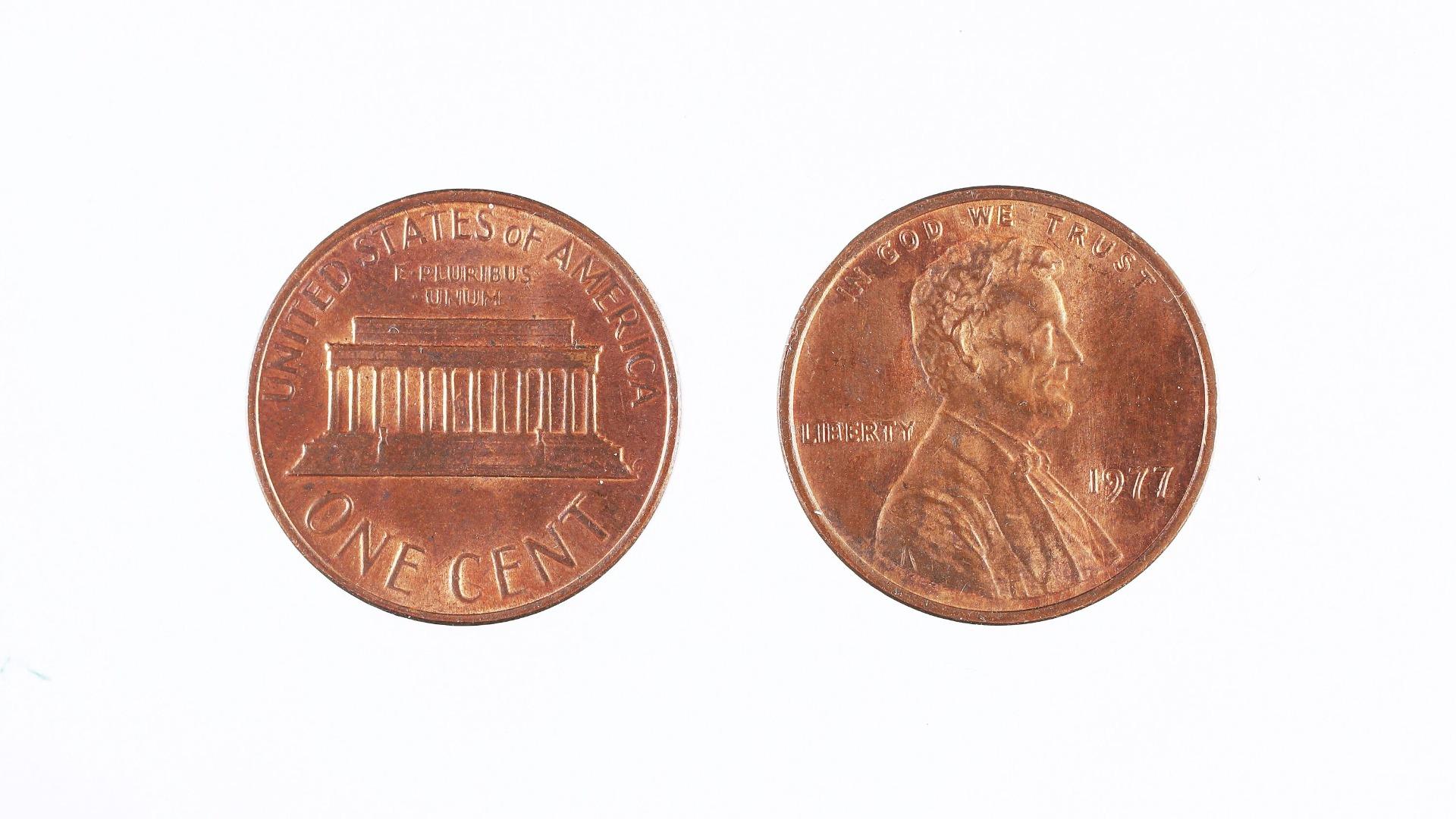Japan's government has decided to cease the production of its one-cent coins, hinting at potential repercussions for similar small denomination coins in other countries. This change, effective immediately, was influenced by the fact these coins are increasingly seen as unnecessary in an increasingly cashless society. The move prompts discussions regarding the longevity and practicality of small denomination coins worldwide. The economic and cultural implications of such a shift are being keenly observed both domestically and internationally.
In Japan, the use of cash is in decline due to the rise of electronic money and mobile payments. The production cost of the one-cent coins often exceeds their face value, a phenomenon called "negative seigniorage". The elimination of the one-cent coin is seen as a step towards a more efficient economic system, while also reflecting Japan's advancement in digital technology and financial services. However, the traditional-minded, particularly the older generation, may find the change difficult given the nostalgia and sentiment attached to the coin.
In the US and EU, the discussions around eliminating the small denomination coins like the penny or the one-cent euro coin have been ongoing. However, no drastic measures have been undertaken yet. Like Japan, these countries face "negative seigniorage", but the decision is not purely economic, it also has deep cultural and societal implications. The move by Japan may spark renewed discussions about the future of small denomination coins in Western economies.

